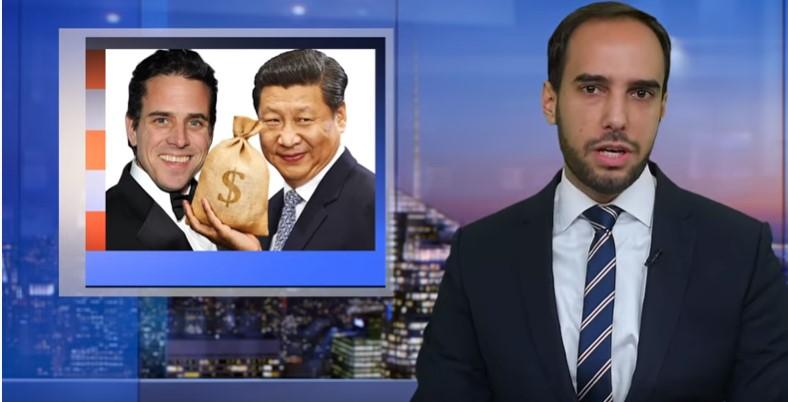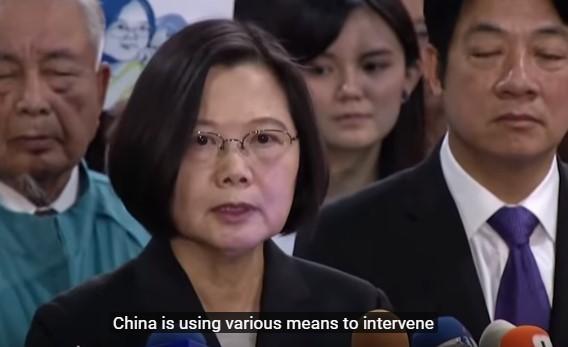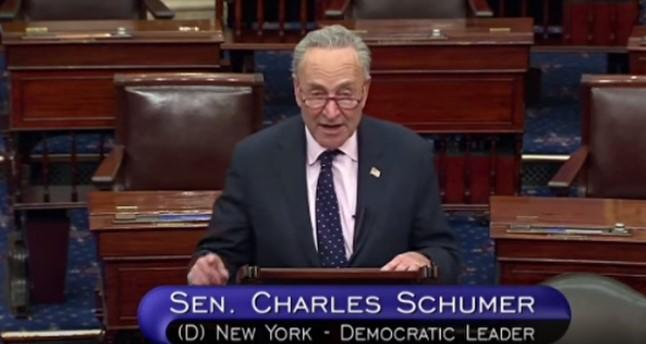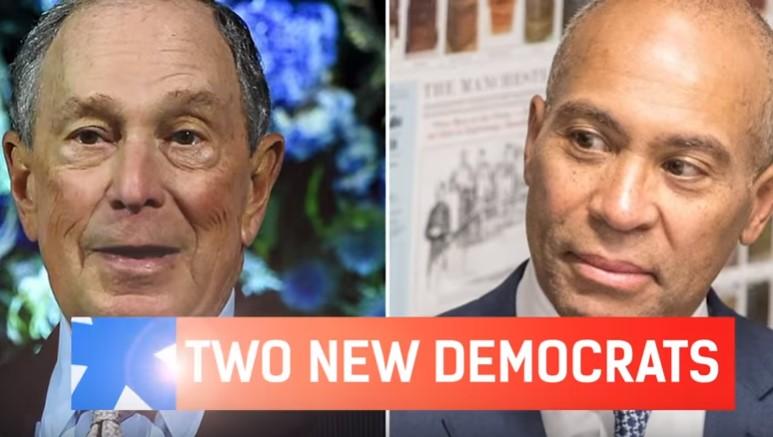In a little over a week, Donald Trump will be sworn in as President. And here’s one of the things he’s vowed to do on his first day in office.
I'm going to instruct my treasury secretary to label China a currency manipulator— the greatest in the world.
, United States President-elect



